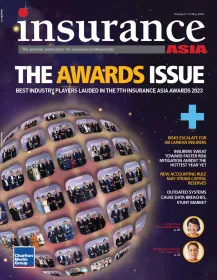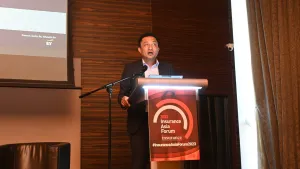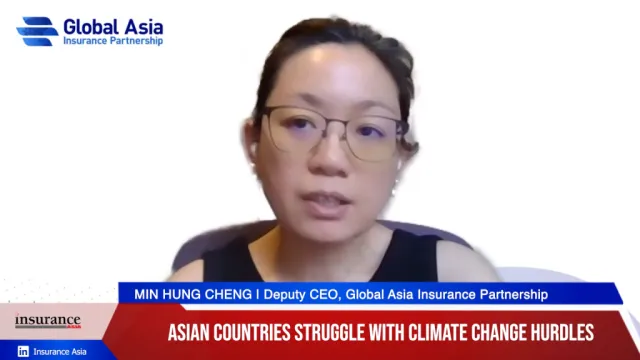
Japan's property insurers stay afloat post-earthquake – GlobalData
Economic losses are estimated between $8.6b to $20.3b.
Property insurers in Japan are to keep their heads above water despite losses initiated by the 7.6 magnitude earthquake that struck the Noto Peninsula in Ishikawa Prefecture, on 1 January, said GlobalData.
The earthquake led to over 240 casualties and extensive property damage to more than 4,000 properties, according to Japan’s Fire and Disaster Management Agency (FDMA).
Economic losses are estimated between $8.6b to $20.3b, with insured losses around $6b.
“Japanese property insurers have been able to maintain stable operations despite the recurring earthquakes, as majority of the residential insured losses are borne by the government. Also, insurers carry minimal net retention on corporate earthquake policies and cede most of the risks to reinsurers, which help in keeping a check on their profitability,” said Sravani Ampabathina, Insurance Analyst at GlobalData.
The Japan Earthquake Reinsurance Company (JER) is expected to cover approximately 98% of insured residential earthquake claims, capped at $91.7b per earthquake.
Commercial earthquake policies in Japan are less common due to their higher costs. Japanese insurers often reinsure a significant portion of commercial earthquake risks with US and European reinsurers to lower their exposure.
Earthquake insurance constituted 18.2% of Japanese general reinsurance ceded premiums in the fiscal year ending 31 March 2023, as per GlobalData’s Insurance Database.
ALSO READ: WTW Japan’s pension fund index up 5.6% in 1Q24
“In addition to receiving support from the JER, property insurers’ profitability is expected to remain resilient due to frequent increases in premium rates of fire and natural hazard insurance policies, which accounts for around 85% of the property insurance GWP,” Ampabathina added.
The General Insurance Rating Organization of Japan (GIROJ) has periodically increased fire insurance premium rates to ensure the sustainability of the earthquake insurance scheme. From 2018–23, GIROJ raised premium rates four times, supporting property insurance growth.
GlobalData projects a compound annual growth rate (CAGR) of 6.1% for the Japanese property insurance industry, from $26.7b in 2024 to $38.8b in 2028, in terms of gross written premiums (GWP).
Further evaluation of premium rates is anticipated once the full impact of the Noto Peninsula earthquake on insurers and reinsurers is understood.
Losses incurred by reinsurers from the earthquake may lead to premium rate hikes, driving GWP growth from 2024–25.
“Japanese property insurers’ low exposure to earthquake damages will enable them to sustain losses despite the widespread property damage from the Noto Peninsula earthquake. As a result, the Japanese property insurers are expected to maintain a stable outlook in 2024.” concluded Ampabathina.











 Advertise
Advertise












